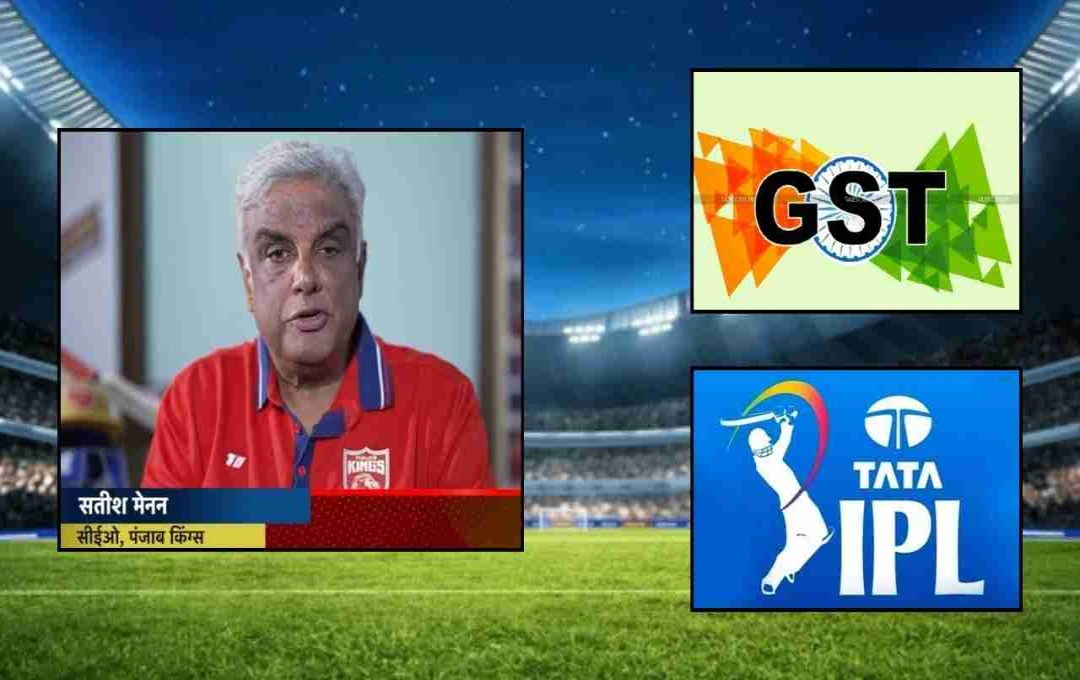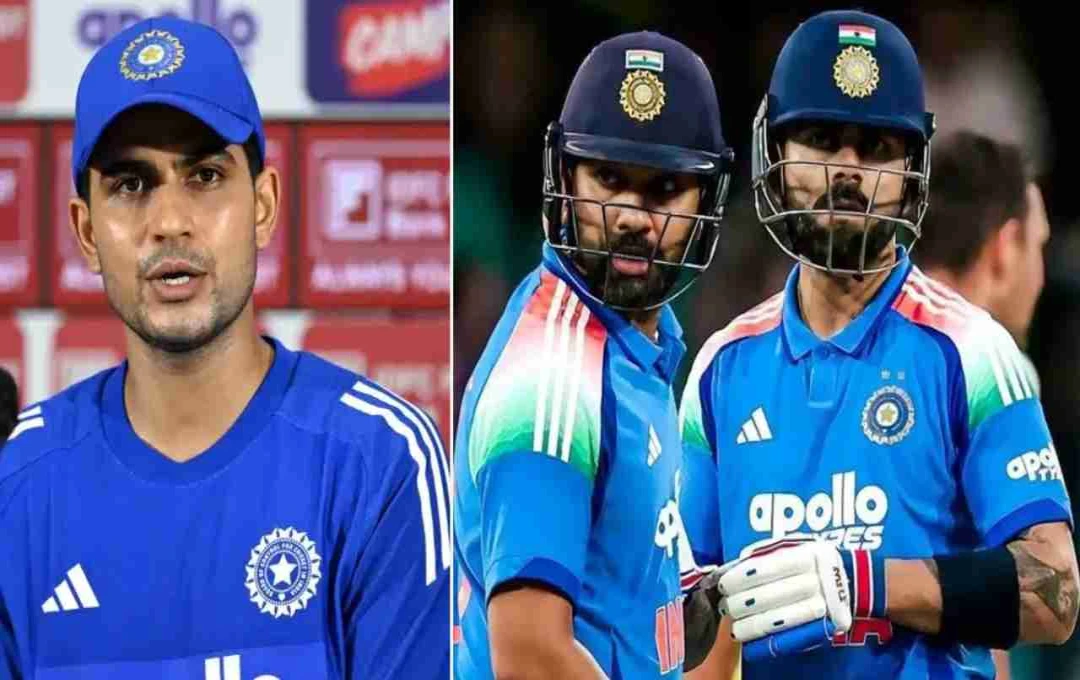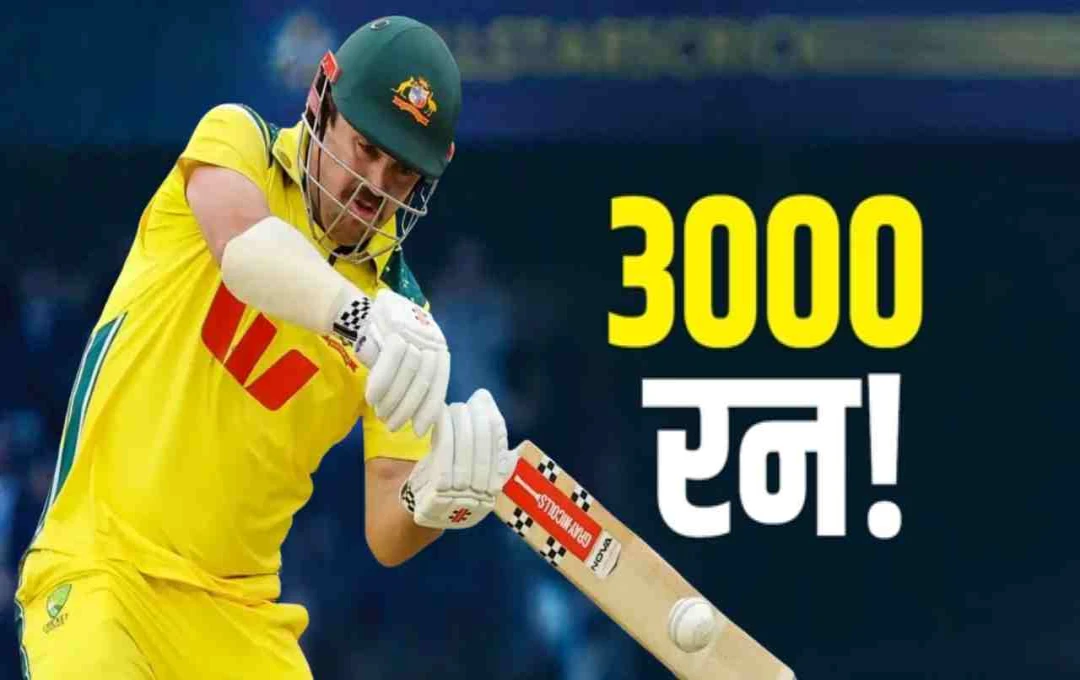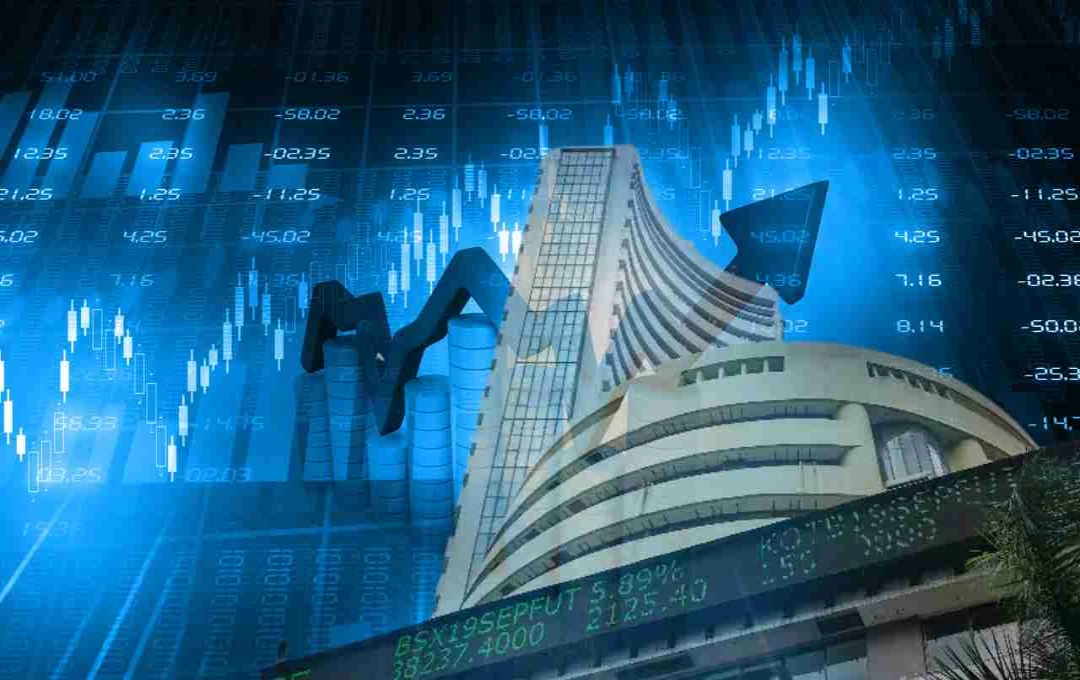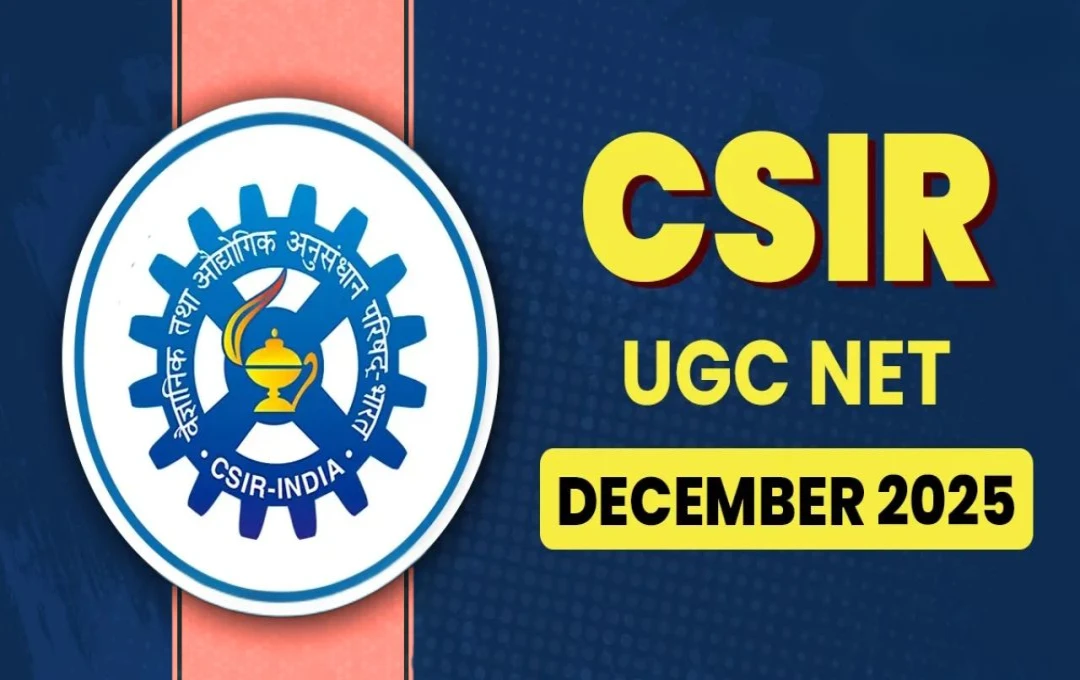The GST Council has increased the tax on IPL tickets from 28% to 40%. This decision could particularly affect the ticketing revenue of franchises in smaller centers and non-metro cities. Team owners believe that the increased prices will reduce viewership and impact earnings.
GST Reform: Under a recent reform by the GST Council, the tax on IPL match tickets has been increased from 28% to 40%. This change will be effective from September 22. Several team owners, including Punjab Kings CEO Satish Menon, have expressed concerns that this will disproportionately impact the earnings of franchises, especially those in smaller cities and with stadiums of lower capacity. Given that a significant portion of revenue comes from stand tickets, the increased tax could directly affect spectator numbers.
Increased Concerns for Franchises

Following this decision, IPL team owners are not appearing to be very pleased. The reason is clear: it could directly impact revenue generated from ticket sales. Punjab Kings CEO Satish Menon stated that the impact will be more severe in smaller cities and for stadiums with lower capacities compared to metropolitan areas.
Ticket sales at the stadium contribute approximately 8% to 12% of a team's total revenue. While teams earn more from advertising and sponsorships, ticket sales are also a crucial component. If tickets become more expensive, spectator numbers in non-metropolitan areas may decline. This could lead to stadiums appearing empty, thereby affecting team earnings.
Greater Impact on Teams in Smaller Cities
Satish Menon clearly stated that a 40% GST is excessively high and will put pressure on ticket revenue. He explained that there is very little scope to increase ticket prices in smaller centers. Their revenue from stand tickets alone accounts for 85% to 90% of their earnings. The remaining income comes from corporate boxes. Therefore, if spectators refrain from attending due to higher ticket prices, a decline in team revenue is certain.
Will the Impact Truly Be Significant?
However, market experts do not consider this decision to be very serious. Santosh N, Managing Partner at D&P Advisory, stated that there will certainly be an impact, but it will not be very substantial. This is because a 28% GST was already applicable on tickets. With the increase to 40%, the difference will be noticeable, but given the popularity of the IPL, spectators will not completely stay away.
This decision comes at a time when IPL's sponsorship revenue is already under pressure due to restrictions on real money gaming. In such a scenario, teams could face a double blow: a reduction in sponsorships on one hand, and an impact on revenue from ticket sales on the other. This presents a challenging situation for the franchises.
Where Ticket Prices Stand
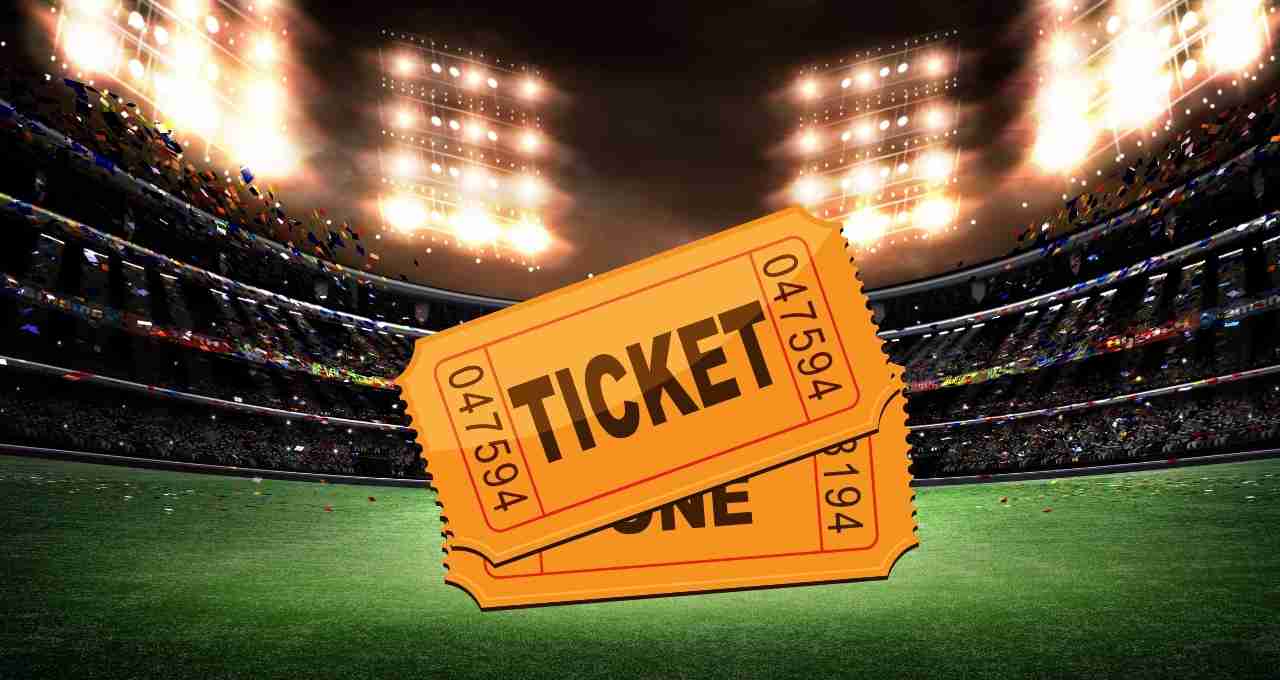
Currently, the prices for entry-level tickets range from ₹500 to ₹2000. Tickets within this range are the most widely sold among general audiences. Now, if a 40% GST is applied to these tickets, the prices will increase further. Consequently, it is likely that cricket fans in smaller cities may hesitate to attend matches at the stadium.
Preparing an Appeal to the GST Council
There are reports that several franchises are discussing this decision and may appeal to the GST Council in the future to reconsider this hike. Team owners believe that increasing this tax from 28% to 40% is not justified and will impose an unnecessary burden on the sport.
The Role of Spectators
The biggest foundation of the IPL's popularity is its audience. Alongside TV and digital viewership, the live stadium experience is also a hallmark of this tournament. If tickets become more expensive and fewer spectators attend stadiums, the IPL's atmosphere could also become subdued. This is precisely why team owners are troubled by this decision.
It is clear from this change in GST that teams will have to rethink their ticketing and pricing strategies for the upcoming season. Otherwise, a direct impact on ticket sales could be observed, and franchise earnings may decrease.
